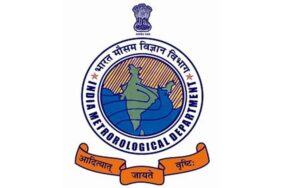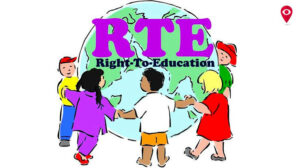Current Patent Laws are Inadequate for AI-related IP: New TCS Report

NEW DELHI, December 03, 2019: Tata Consultancy Services (TCS), (BSE: 532540, NSE: TCS), a leading global IT services, consulting and business solutions organization, has published a new report titled Understanding the Dynamics of Artificial Intelligence in Intellectual Property.
Designed to provide technologists, academicians, entrepreneurs, professionals and policymakers with insights on the frontiers in AI-related research and IP management and protection, the report was released today in partnership with the Confederation of Indian Industry (CII) at the 5th International Conference on IPR, organized by CII in collaboration with the Department for Promotion of Industry and Internal Trade, Government of India, and the Intellectual Property Office, India.
The report captures trends in AI-related research globally, noting for example that while machine learning is the most common AI technique, mentioned in 89% of the patents filed, deep learning (DL) is the fastest growing technique mentioned in patent filings. Another finding is that the highest number of patent families are in computer vision (49%), NLP (14%) and speech processing (13%). While it is no surprise that US and China lead the world in AI-related patents, it comes as an eye opener that China leads the world in deep learning, with the Chinese Academy of Sciences owning the largest DL-related patent portfolio and Baidu leading the pack among corporates globally.
The report also covers current trends in enterprise spending on AI, which is emerging as a key technology component of most organizations’ growth and transformation initiatives. A TCS survey revealed that the most impactful deployments of AI by enterprises were in the areas of automation of IT operations, personalized marketing with targeted offers, dynamic pricing, matching sales leads to appropriate teams, gauging customer or investor sentiments and identifying potential customer credit problems.
The report maps how the patent laws of different jurisdictions address the matter of AI-specific IP, and the challenges that new technologies pose to present day IP management and protection regimes. According to the report, the IP creation and protection ecosystem will have to adapt by developing new doctrines to address those challenges and evolve new policies for the enforcement of IPRs in an AI-led world.
Speaking on the occasion, Dr Santosh Mohanty, Global Head, Components Engineering Group, TCS, said, “To accelerate growth to become a $5 trillion economy, India will require sustained innovation using technologies like AI, and its adoption and scaling across social strata. We have one of the best technology talent pools in the world. If we fast-track and balance our progress on innovation, IP management and entrepreneurship, we can realize the potential to become a global AI powerhouse.”








